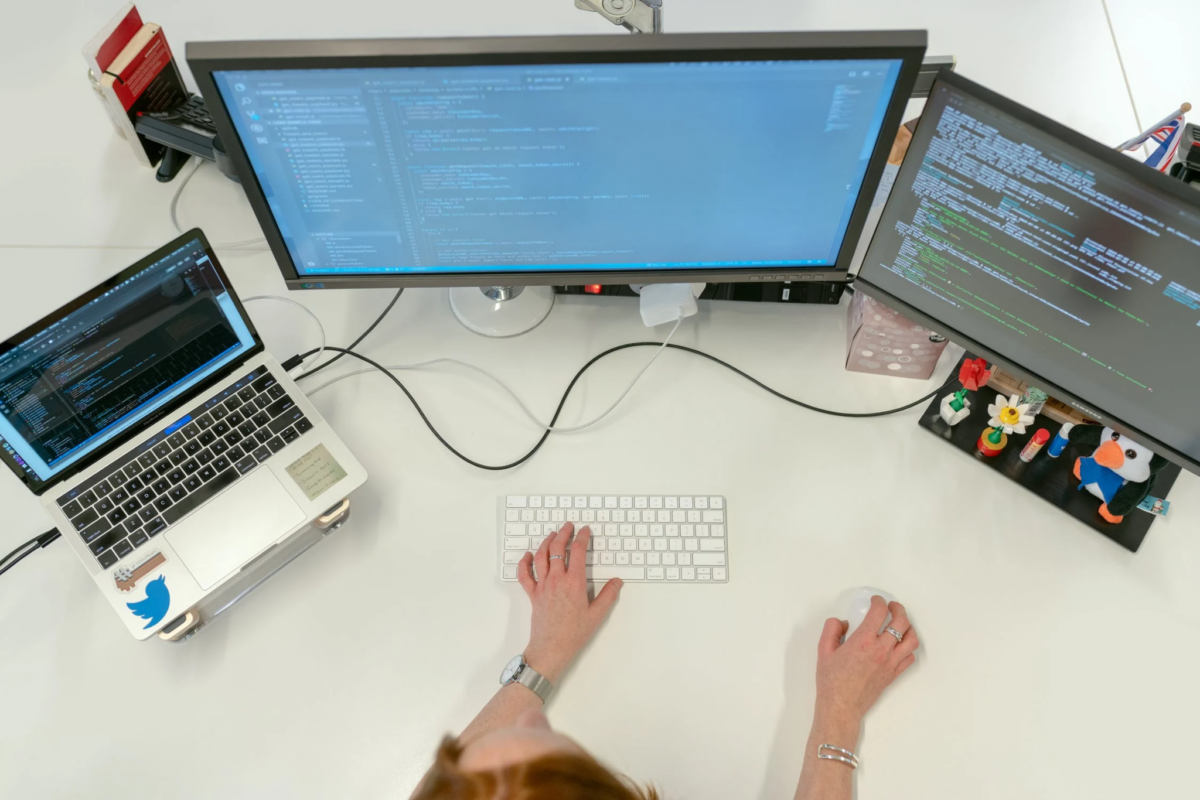This article was originally published in The XPat Journal Spring 2017 Issue
Working together to reach consensus is a key part of the Dutch psyche. No wonder then that even at school children learn all about making deals with their peers, writes DutchNews.nl editor Robin Pascoe.
As you read this, the Netherlands is about to go to the polls to vote in a new government. The general election, on March 15, will herald the start of a long and complicated process to create a new coalition. Once the votes have been counted, the 150 new MPs will take their seats and the political horse-trading to put together a new cabinet can start.
The Dutch political system invariably creates coalitions – and goodness knows how many parties will be needed this time round. The process of coalition building can take forever – well, months and months at least. Manifesto points are ditched, compromises reached, trade-offs agreed and finally the parties that have managed to find enough common ground publish their long-awaited coalition agreement – their blue-print for the country for the next four years.
Those who romanticise the Dutch tradition of consensus like to see its origins in the Dutch fight against the sea – when everyone had to work together to ensure the dykes were high and the waves kept at bay. This may well be the case. But consensus is not just confined to the corridors of power in The Hague. Consensus also looms large in industry and economic policy in the form of the polder – the Dutch word for reclaimed land which is also the name given to the tripartite talks between employers, unions and the government that always take place when a major issue needs to be dealt with.
But the Dutch love of consensus starts well before you’ve reached a position of influence in politics or industry. It permeates every level of Dutch society – right down to the education system. Yes, if you’ve got children at a Dutch school, you will not be able to avoid the practice of working together in groups.
I’ve never been sure about whether the Dutch school fondness for group-based projects is about teaching kids to get along and work together, to get them to accept how to make the best of things or because the teacher can’t face the idea of marking 30 different projects on World War II or fossil fuels.
The trouble starts when Junior comes home cursing about the fact he has been put in a group with three others who are, he says, stupid and lazy. They’ve already had a meeting to decide who is going to do what and he just knows he’s going to fail because the others are sooooo useless. Three of the four have decided that X will be in charge of finding the pictures because he or she is dyslexic and can’t be relied on to produce a coherent 500 words on the greenhouse effect. Of the three writing the text, one goes awol or comes up with endless excuses why he or she has not completed their required part. The two who are left over have a blazing fight about the dreadful quality the other has delivered, one bows out and the other stays up all night rewriting the whole thing to their own exacting standards.
Perhaps the hardest lesson to learn about this group approach is accepting the fact that your future – well, your exam mark at least – will partly depend on the performance of your peers.
A mate of mine has just been asked if she could possibly edit – rewrite – a 20-page project on England (which has to be in English) because her god-daughter is convinced she will fail because three of the girls in the group can’t string two words together. The final project won’t say much about their English skills but it will show the importance of ‘who you know’ in getting what you want.
As Junior becomes more experienced about the process, he or she learns to make sure they get in with the other kids who will be most useful to them… the one with the rich parents who will pay for the final project to be perfectly printed, the one with the uncle who just happens to be a climate change advisor to the government – name dropping at a young age never hurt anyone – the one who always gets top marks and can actually spell and, most important of all, the one who can whip up a power point presentation at the age of seven. Yes, when it comes to convincing the teacher you actually know what you are talking about, style definitely wins over substance and making sure your team puts on the best presentation is crucial.
So, in a few weeks’, or maybe months’ time, the new Dutch government will be presenting its plans for the future, based on endless meetings, late-night rewrites and goodness knows how many tantrums behind closed doors. It is hard to know what will happen after March 15. We can say with some certainty that PVV leader Geert Wilders is the kid no-one wants in their team. After all, he only came up with a A4 page of bullet points and refused to do the sums. He’ll be sitting at the back of the class making snide comments while the group who’ve decided they might be able to work together make their presentation. As for the marks? That will be up to us to decide in four years’ time.
 ABOUT THE AUTHOR
ABOUT THE AUTHOR
Robin Pascoe is editor of www.dutchnews.nl

The Holland Handbook 2024
It is that time of year again; the new and annually-updated version of The ...

Dutch Taxes
Taxes are always complicated. If you have moved to the Netherlands from another country they ...

The UnDutchables 9.0
Following the legendary previous eight editions of The UnDutchables, the 9th edition of this all ...

Making the most of your Dutch home
Whether you are renting, staying in a long-term AirBNB or have just bought a ...

Gift giving in the Netherlands-all ...
If you feel like skipping your birthday, you may be in for a challenge when ...

10 things you will find in every Du ...
The Dutch are very fond of houseplants, the more the merrier! You will find the ...

Obtaining a Mortgage as an Expat in ...
Obtaining a mortgage as an expat in the Netherlands can be a complex process, as ...

Help me move to the Netherlands!
Obviously, the decision to move to the Netherlands is not one to be taken lightly ...

The Impact of Technology on Educati ...
Education is unending and pivotal in society. Technology is one of the most dynamic entities ...

Five Renovation Tips to Increase yo ...
Learn how much home renovations cost – and which repairs increase the home value, and which ...